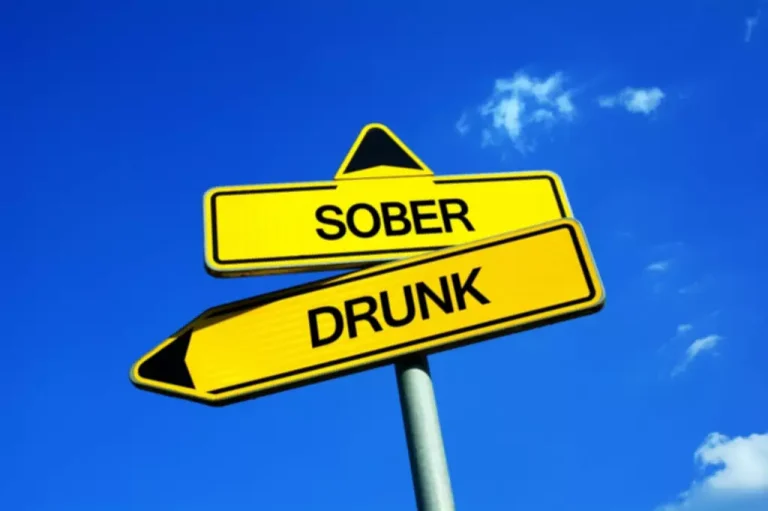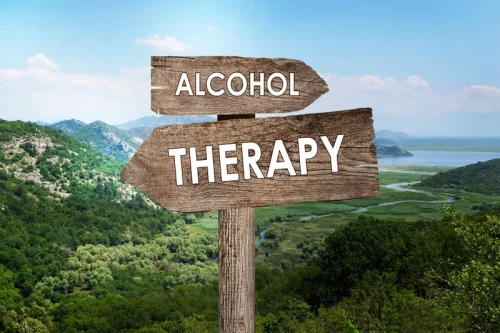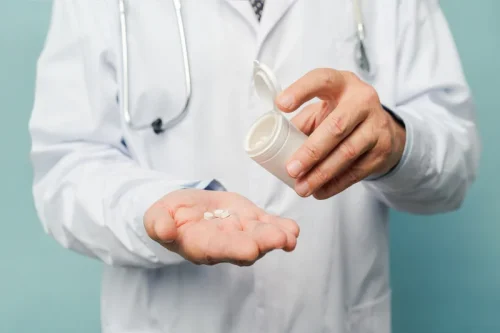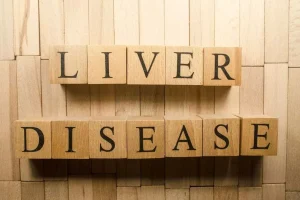10 CBT Group Activities Essential for Substance Abuse Recovery

Setting achievable goals and celebrating successes, no matter how small, can be incredibly motivating. If you or a loved one is looking for substance abuse treatment, you can find it today. Whether it’s 12-step meetings, SMART Recovery, or group therapy, these services are a crucial part of drug and alcohol treatment programs and aftercare support.
- Try a few of these and see how they resonate with your group then figure out how you can proceed.
- Interactive group therapy games and exercises can be highly engaging and effective in promoting camaraderie, teamwork, and skill-building among participants.
- This extremely simple exercise simply divides members into pairs and requires them to look into each other’s eyes for 60 seconds.
Develop a Drug-Free Workplace Policy

They will write these items on a sheet of paper and share their choices with the group. Icebreakers can play an essential role in helping group members connect in a group setting. It is always important for group members to discuss any current issues and get advice and support from other members of the group. Therapists who run these groups are very resourceful and in order to keep the process relatively fresh introduce different activities and topics continually. Forms of charades like emotions charades can also encourage participants to explore their emotions and become more comfortable with them.
Final Thoughts on Selecting Group Therapy Activities for Your Clients with Substance Abuse
Breaking the cycle of addiction requires a thorough comprehension of its stages and triggers. substance abuse group activities designed to elucidate the addiction cycle help participants identify their patterns, from initial use to cravings, relapse triggers, and recovery milestones. Group discussions, journaling prompts, and interactive diagrams enable participants to recognize the nuances of their own journeys and empower them to interrupt the cycle.
Best Group Therapy Activities for Supporting Adults
- Group therapy activities for substance abuse can be related to a variety of topics including education, shame, guilt, triggers, cravings, boundaries, health, mental health, and sober support.
- (“How would you feel if we talked about you when you weren’t here?”) Strongly suggest that they wait until the person returns (and is open) to have a group discussion (if appropriate).
- Group members may discuss a psychoeducational element of mental health or another specific topic.
Group members may discuss a psychoeducational element of mental health or another specific topic. Our caring admissions navigators are available 24/7 to answer your questions about what to expect at rehab, levels of addiction treatment, and how to start the rehab admissions process. This article will cover what group therapy is and some of the more common types of group therapy and activities used for addiction treatment. Group discussions can help people come up with or expand upon goals they want to achieve during recovery, such as getting to a sobriety milestone or landing a new job.
- Mindfulness exercises have been shown to help with many conditions, including physical health problems, anxiety, and depression, or may serve as a form of anger management and stress management.
- Members will go around the room stating the three pieces of information, and other members of the group must guess the lie.
- In the realm of addiction recovery, the battleground is often not in the physical world but within the confines of our own minds.
- It can also help individuals realize that they are not alone in their journey and that there are others who understand their struggles.
Cognitive Restructuring Activity

Active addiction can cause clients to distance themselves from their loved ones and friends which can make recovery feel lonely. Group therapy can give them a chance to feel connected to others, and witness others in their own recovery. Employee Assistance Programs (EAPs) are programs sponsored by your business or organization—or by a union—to serve employees and their families. EAPs range from addressing only problems related to alcohol and other drug use to covering a broad range of issues. Group meditation is among the most powerful recovery activities for groups. The experience of meditating alongside others can be encouraging, inspiring, and help build social skills and self-esteem.
Therapy Worksheets
Also, please leave a comment below if you have other ideas, or would like to add to the discussion. Sustain your program by integrating it into the workplace culture and environment and keeping the program responsive to changing conditions. All organizations should seriously consider adding the services of an internal, external, or blended EAP of both internal and external supports. Small businesses might be able to obtain EAP services through their insurance carriers or by joining a consortium of small businesses to get cost-effective rates.

How does Two Dreams use group therapy in addiction treatment?
Day Two builds on this reflection, but participants are encouraged to write a different and more positive ending to the event or situation they described on Day One. Instruct each member to reflect for a few moments on things in their lives that they feel thankful for. Once a few minutes have passed, they can write them on the paper or whiteboard.
Problem-Solving Activity To Manage Triggers

But, as anyone on the journey to recovery knows, yielding to these false promises leads only to more suffering. SMART Recovery arms individuals in this battle with an arsenal of tools, one of the most potent being DISARM – Destructive Images and Self-talk Awareness and Refusal Method. Group therapy provides a cost-effective alternative to individual psychotherapy. It brings people with similar needs together in a supportive, encouraging, and validating way.
- Forms of charades like emotions charades can also encourage participants to explore their emotions and become more comfortable with them.
- (Most do.) Clients selected as “most likely” (in either category) have the opportunity to process with other group members and staff.
- Write questions or statements related to the group topic on masking tape and place them randomly around the beach ball and pass it around to group members.
- Skillful facilitators must create a nonjudgmental space where participants can openly express their doubts and concerns.
- The best discussion topics will depend on the focus of the group, the stage of treatment, and the type of session.
